Volkswagen boss: Many big men “lose sleep” when using gasoline to make electricity – Vingroup was one step ahead
- Tram Ho
“Sleep loss” for making EVs
Europe recently decided to cut emissions by 100% for models sold in these countries from 2035. This decision means that models using internal combustion engines exhaust emissions. CO2 emissions will be prohibited for sale in this market. From now to that milestone is more than 12 years, a period of time that is considered relatively short and will be difficult for car manufacturers. The decision was made recently and is expected to be enacted into law soon.
For car manufacturers, this decision to ditch gas cars is probably not the biggest problem they have to worry about. According to Mr. Arno Antlitz, Chief Financial Officer of Volkswagen, having enough battery supply for electric vehicles is the problem that is causing the world’s manufacturers to “lose sleep”.
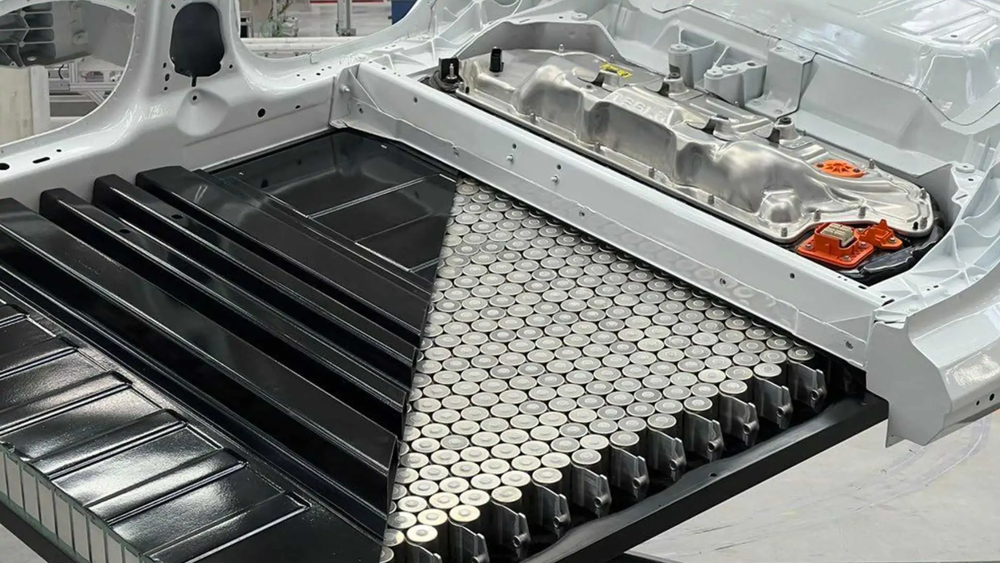
In an interview with Reuters, Mr. Arno Antlitz shared that: “The most difficult problem is not increasing the production capacity of the factory, but increasing the supply of batteries for electric vehicles.” However, this senior Volkswagen employee is also optimistic: “That [to switch to all-electric vehicles from 2035] is a difficult goal, but we think we can do it.”
Volkswagen has previously said that the group will stop selling internal combustion engine models in the European region in line with its target; However, other automakers that are currently lagging in the electric car race may have a hard time keeping up with this goal, such as Toyota – a car company that is noted for paying a lot of attention to hydrogen-powered vehicles. and hybrid electric vehicles. Automotive News Europe contacted Toyota, but the Japanese automaker declined to comment on the matter.
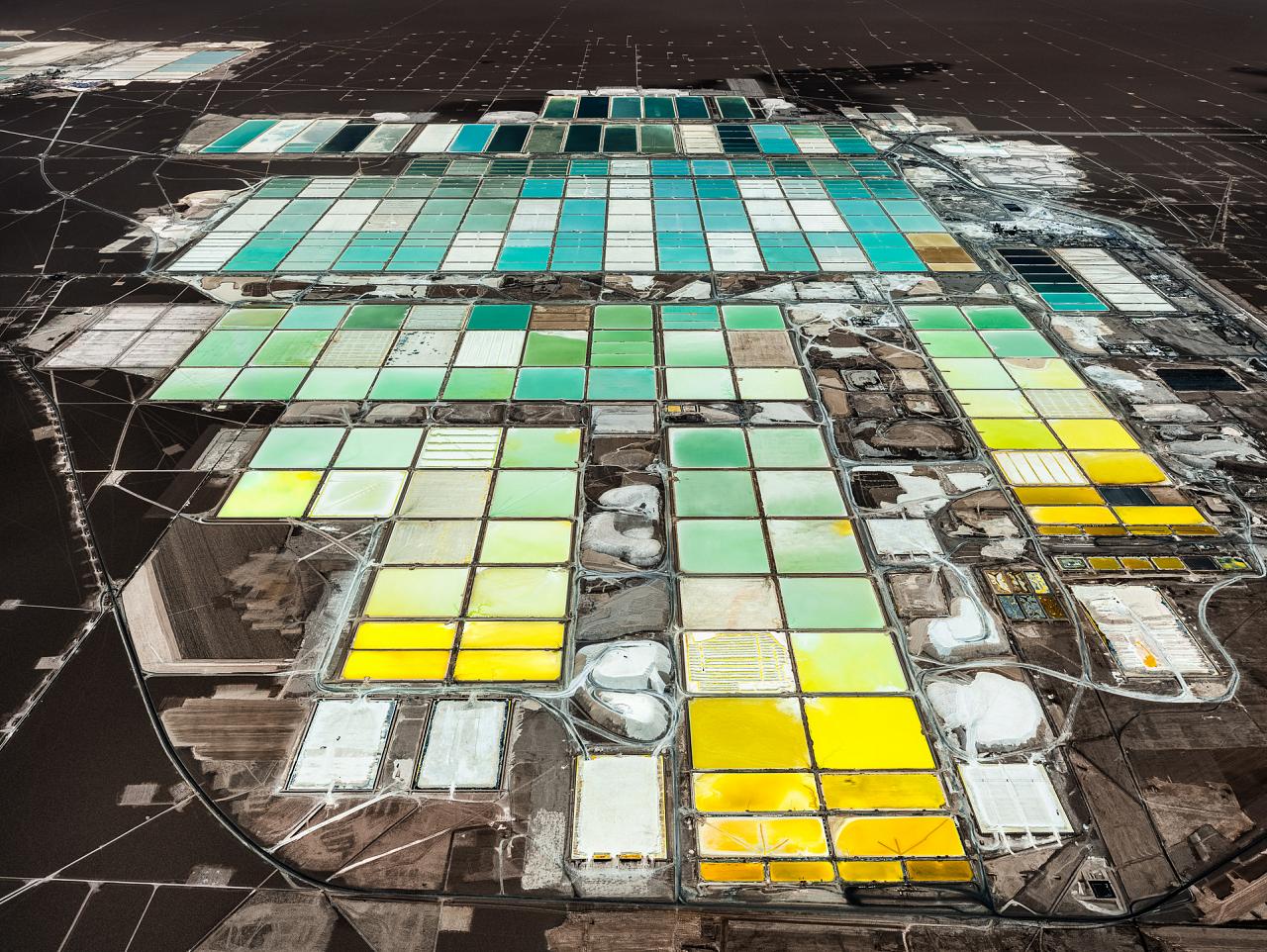
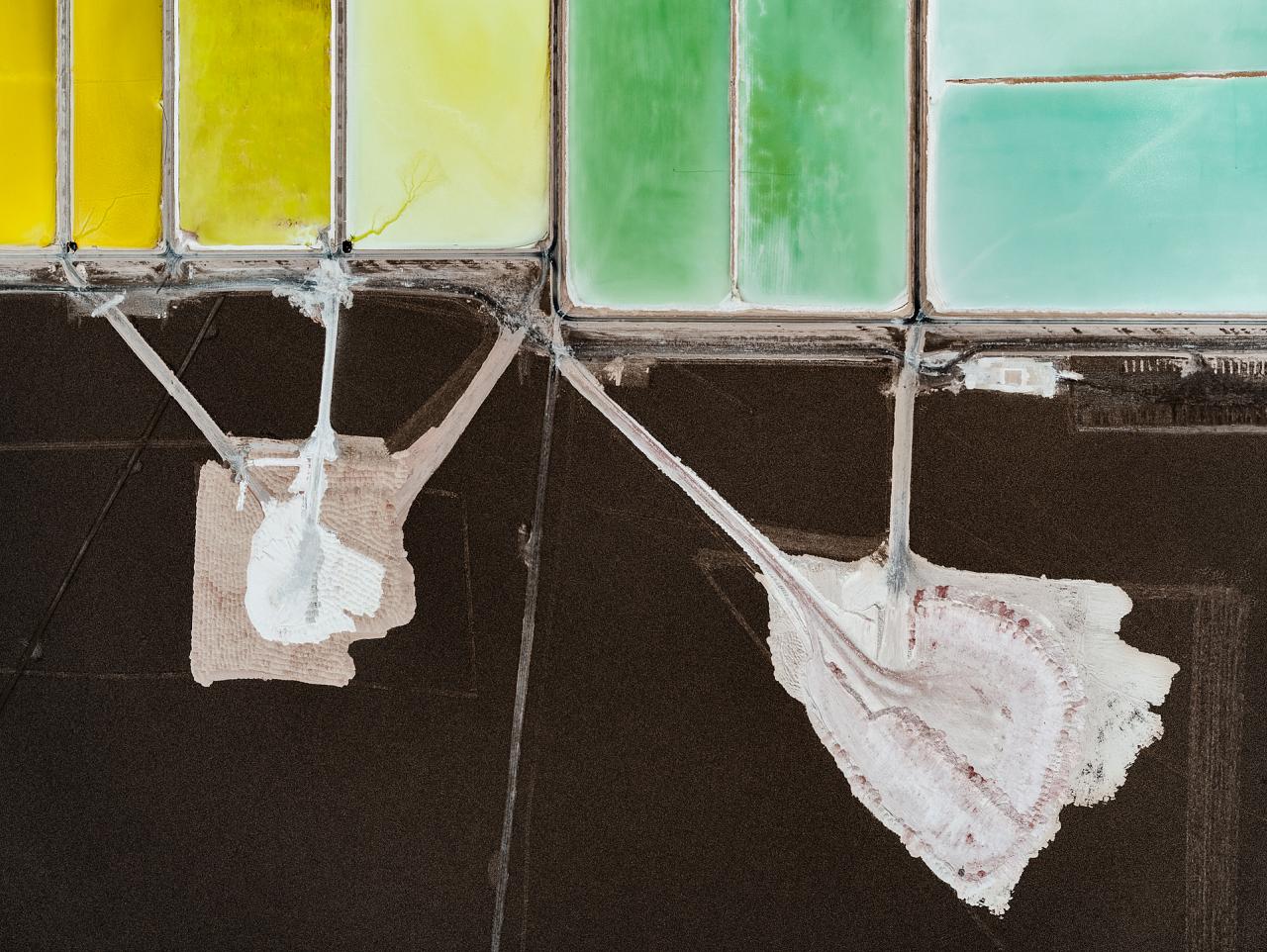
With the recent surge in electric vehicles, automakers around the world are scrambling to keep their batteries stocked, but finding enough raw materials to make batteries is perhaps an even more difficult problem. Insufficient supply of key battery components, such as lithium, nickel, manganese, and cobalt, could slow the transition to electric vehicles, further driving up the price of electric vehicles and driving them down. narrow profit margins for manufacturers.
As predicted by Stellantis CEO Carlos Tavares, the shortage of electric vehicle batteries will start to have negative impacts on the world car industry from around 2024 or 2025, when manufacturers will trying to increase sales of electric vehicles, but the battery plants have not been built yet. Arnaud Deboeuf, Production Manager at car group Stellantis, has sent the message that “the market will collapse” if manufacturers cannot bring down the cost of electric vehicles.

To reach an agreement to stop selling cars with greenhouse gas emissions by 2035, the European Parliament had to go through 16 hours of negotiations at the Parliamentary administration in Luxembourg, when there were 5 countries, including Italy. , Slovakia, Bulgaria, Portugal and Romania, want to push the deadline back to 2040.
This 2035 agreement is designed so that, in theory, any type of technology, such as hybrid electric vehicle technology, or green-fueled vehicles, can be developed on time and in compliance. regulation – as long as it does not emit CO 2 .
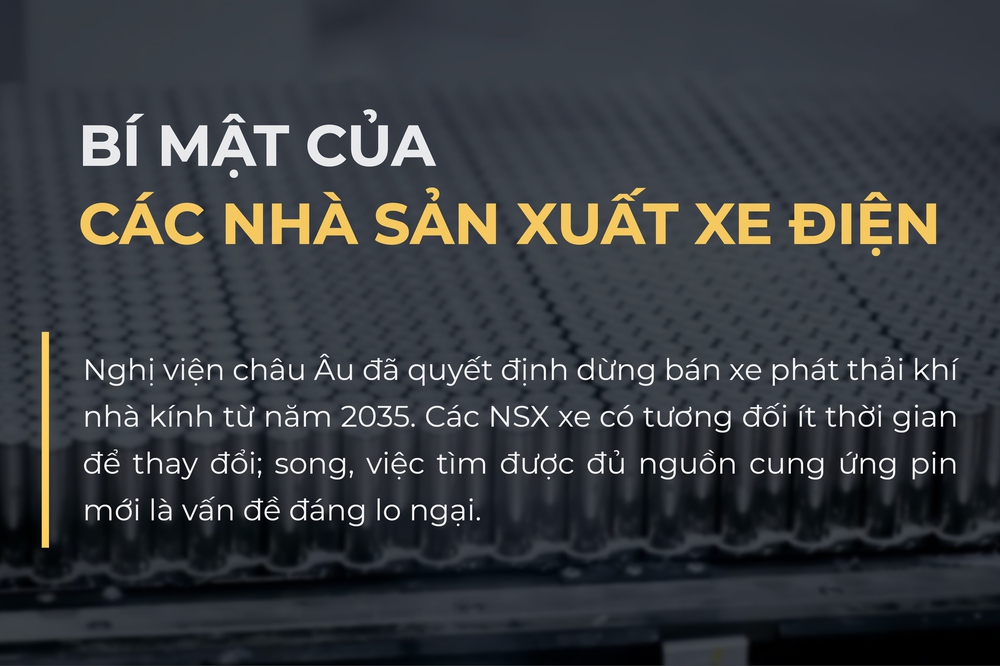
VINGROUP’s CALCULATIONS
The fact that VinFast, a unit of Vingroup, converts all production to pure electric vehicles from the end of 2022 has posed the challenge of having enough supply with necessary components and parts, especially battery packs. for electric vehicles.
In this regard, VinFast has taken wise steps when there are actions that show that they are not dependent on a specific supplier, but try to diversify the supply.
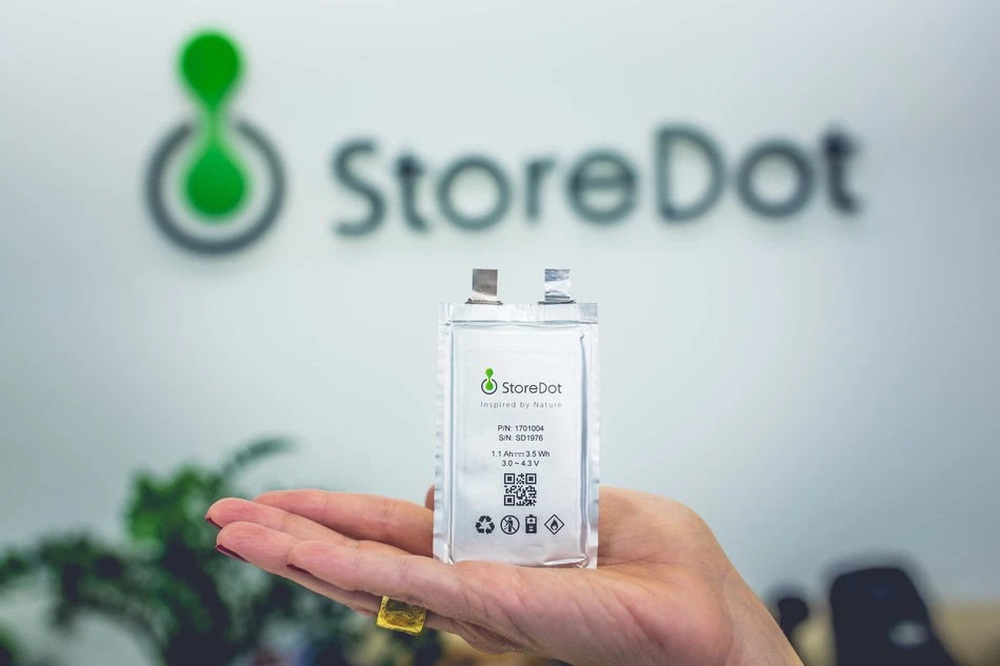
Accordingly, VinFast has signed a strategic partnership contract with ProLogium – a company with strengths in battery technology. In this cooperation, VinFast and ProLogium will establish a joint venture to produce solid-state batteries for VinFast’s electric vehicles in the future – when solid-state battery technology is ready.
Besides ProLogium with solid-state battery technology, VinFast has also spent millions of dollars to invest in Israeli start-up battery technology company – StoreDot. A notable news in this investment took place earlier this year when VinFast successfully led StoreDot to pass the Series D funding round, helping StoreDot have an additional $80 million. This large sum of money will help StoreDot strengthen the research and development of XFC ultrafast rechargeable batteries as well as Ultra High Energy Density batteries. According to StoreDot, the XFC battery that the company is developing can help you travel an additional 160km with just 5 minutes of charging. In addition to ProLogium and StoreDot, VinFast also has a cooperation with Gotion High-Tech, which is said to have brought LFP batteries to electric motorcycle models being sold today.
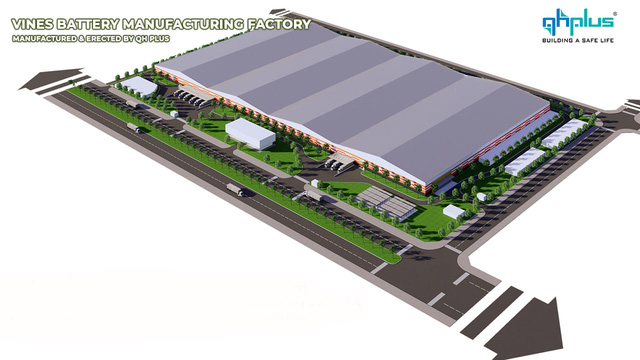
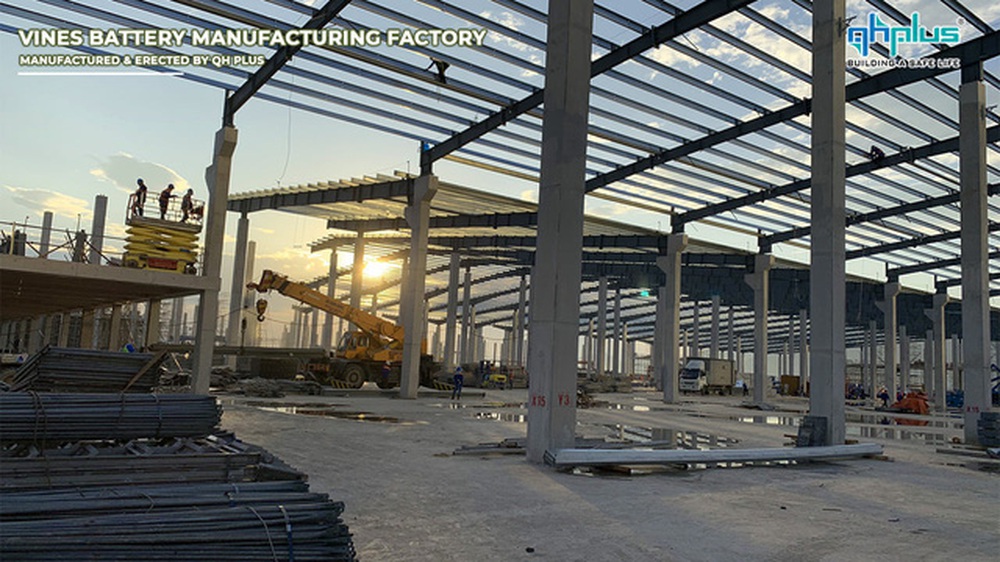
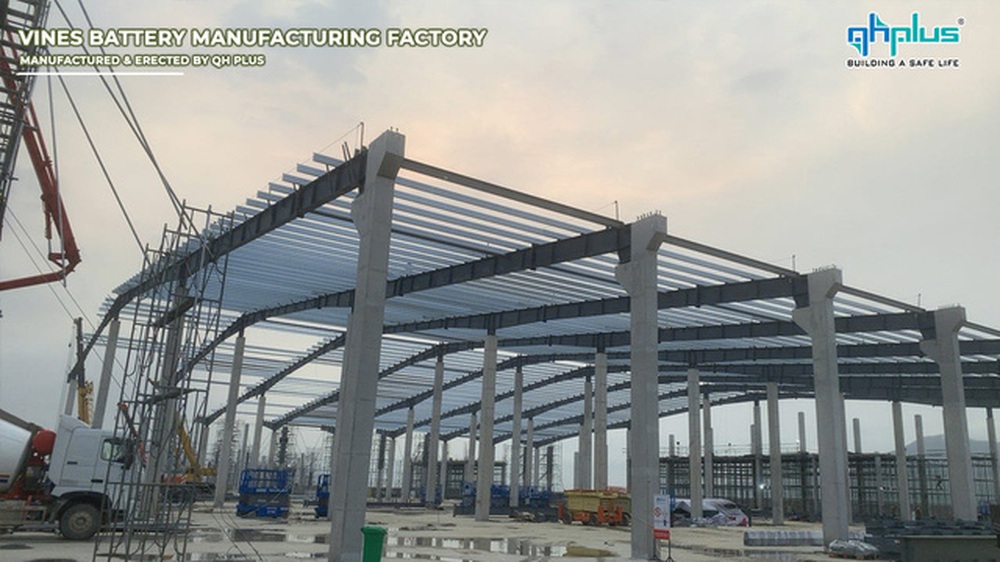
In addition to VinFast’s own cooperation with the world’s battery developers, Vingroup also has strategic moves in the development of electric vehicles in general and in the self-supply of VinFast electric vehicles. in particular. That is Vingroup’s establishment of VinES – a unit specializing in the production of batteries for electric vehicles.
In December 2021, Vingroup started construction of a VinES battery factory in Vung Ang, Ha Tinh with a total investment of VND 4,000 billion. According to the plan, the factory will be built on a scale of 8 hectares with workshops for component casting, welding, and battery packaging with a capacity of 100,000 battery blocks per year in phase 1, proceeding to expand the production of battery cells. and increase the total capacity to 1 million battery blocks per year in phase 2.
Not stopping here, Vingroup is currently preparing to build a second battery factory on an area of about 14 hectares also in Vung Ang, Ha Tinh with a total investment of VND 6,329 billion. This project is expected to be built from the fourth quarter of 2022 to the fourth quarter of 2023, put into operation and increase capacity from the first quarter of 2024 to the third quarter of 2024, aiming for mass production. With this second battery factory, the unit will develop and manufacture LFP batteries used for electric vehicles and energy storage systems.
Source : Genk
